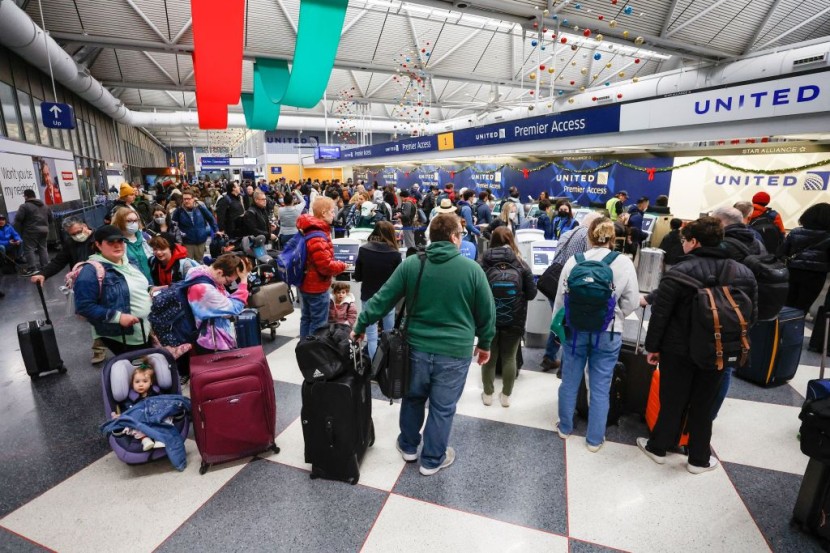The US will no longer delay a deadline for airlines to refit planes with new sensors to address 5G interference.
The deadline is set on July 1 and will remain in place. Airlines have already warned that they won't be able to meet the deadline and may be forced to ground some of their planes. Also, telecom companies have delayed the 5G rollout to let airlines adapt.
The radio frequencies being used for 5G are in a part of the C-Band. The Federal Aviation Administration (FAA) and aviation companies have raised concerns that C-Band spectrum 5G wireless could interfere with aircraft altimeters.
Aircraft altimeters measure a plane's height above the ground. Concerns about 5G interference led to several disruptions at US airports in 2022, according to BBC.
A lot of tech companies delayed the rollout of 5G technology until July 1, 2023, for airlines to have enough time to retrofit their altimeters.
Disruptions Ahead
The decision not to extend the deadline will make summer disruptions more likely, according to the International Air Transport Association (IATA). Due to supply chain issues, it is unlikely that all aircraft can be upgraded by the deadline.
Previously, airlines said they wanted 5G signals to be excluded from the approximate two miles of airport runways at affected airports as defined by the FAA.

The delay in the rollout of 5G technology is a setback for tech companies and may lead to further delays in the deployment of new services that rely on 5G. However, the decision to delay the rollout is important for aviation safety as 5G signals have the potential to interfere with altimeters, which are crucial for safe flying.
The IATA has called for a global solution to the issue, which would involve collaboration between airlines, regulators, and tech companies. Despite the challenges, the benefits of 5G technology are expected to outweigh the short-term disruptions caused by the delay.
Read also: US Flights Canceled, Delayed During Labor Day Weekend as Travel Record Hits Highest in Three Years
A Ripple Effect
The delay in the rollout of 5G technology has caused a ripple effect across various industries, including healthcare and manufacturing. In healthcare, remote patient monitoring systems that rely on fast data transfer speeds may be delayed due to the slower deployment of 5G networks. Similarly, manufacturers who were banking on using advanced robotics and automation powered by 5G connectivity may have to put their plans on hold.
However, despite these setbacks, experts remain optimistic about the long-term benefits of this revolutionary technology. With faster download and upload speeds as well as lower latency rates than previous generations of wireless communication technologies like LTE or Wi-Fi - it's no wonder why so many businesses are eager for its widespread adoption.
In addition to improving business efficiencies through high-speed internet access anywhere at any time (on mobile devices), there is also hope that with greater bandwidth capacity comes more innovative services, such as virtual reality experiences or autonomous vehicles becoming commonplace throughout our cities.
Despite some short-term disruptions ahead for certain sectors like aviation safety concerns around interference from nearby cellular signals- we must remember that overall investment in new technologies will ultimately drive progress forward toward smarter cities where everything is connected seamlessly online!
Related article: American Airlines Pilots Approve Strike While Contract Talks Continue
© 2025 HNGN, All rights reserved. Do not reproduce without permission.








